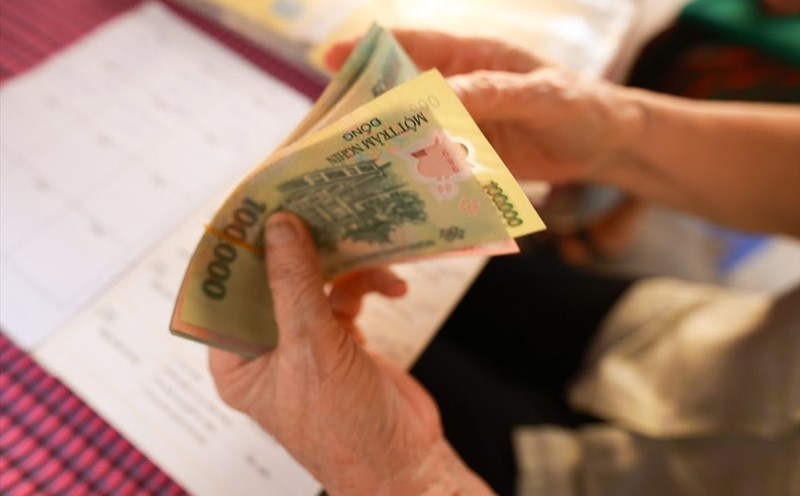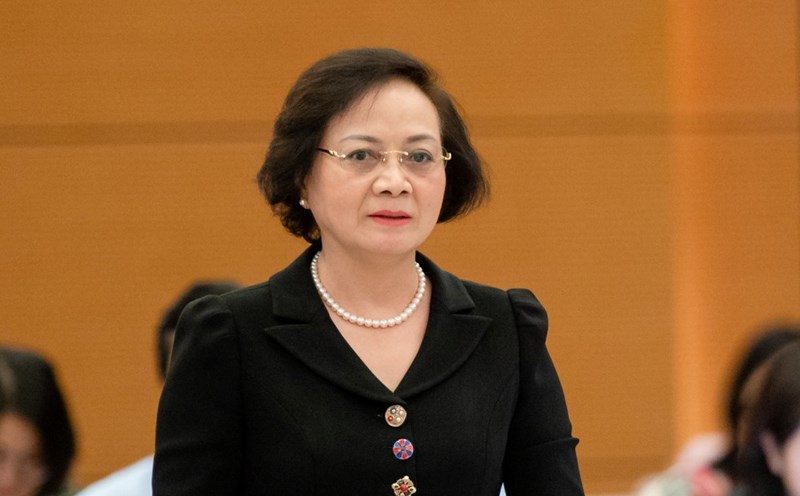On behalf of the Politburo, Politburo member and Standing member of the Secretariat Tran Cam Tu has just signed and issued Regulation No. 366-QD/TW of the Politburo on reviewing, evaluating and classifying quality for collectives and individuals in the political system.
The regulation clearly states 6 principles when evaluating and classifying, with some key contents as follows:
1. Conduct assessment in a consistent, continuous, multidimensional manner, with criteria and through specific products; combine determination criteria with qualitative criteria, in which, special attention is paid to the qualitative criteria on results and performance of tasks; classify and accurately reflect the level of task completion, certification, and suitability with assigned functions and tasks.
Collective and individual reviews are conducted periodically every year or upon request. The assessment is carried out regularly and continuously on the basis of the assigned plan, work program, and tasks and as a basis for assessment and classification for the whole year and term.
2. Taking the results of political tasks as the focus, political qualities, ethics, and lifestyle as the foundation, methods, and management and operation capacity as the basis for deciding on the evaluation results. Link personal responsibility with the collective; link the results of leaders, leaders, and managers with the results of localities, organizations, agencies, and units.
3. The Politburo stipulates a framework, principles, and directions for orientation so that Party committees, Party organizations, organizations, agencies, and units are responsible for continuing to concretize, especially the content of reviewing and developing a set of assessment criteria in accordance with the characteristics of the sector, field, responsibilities, and tasks according to the management decentralization, ensuring unity and synchronization.
4. Implement the unification of the assessment of the collective and individuals. The results of the assessment and classification of cadres, civil servants, public employees, and workers are the basis for evaluating and classifying the quality of party members. Evaluate and classify the quality of party members according to the results of performing tasks at the Party cell; evaluate and classify the quality of cadres, civil servants and public employees in the places holding the highest positions; evaluate and classify party organizations, organizations, agencies and units based on the results of the assessment of Party committees, leadership groups, management and cadres and party members under their management authority.
5. Promote decentralization and delegation of authority, promote the responsibility of leaders in developing work plans, assigning tasks suitable to each collective and individual associated with goals and work products; The level that directly manages and assigns work will evaluate and classify; ensure connectivity and unity in personnel work;
Use the assessment results as a basis for screening, planning, training, fostering, rotating, arranging, using, and appointing cadres; at the same time, use the basis for replacing, temporarily suspending work, removing from office, resigning, or dismissing leaders and managers; take measures to manage, use cadres, civil servants, public employees, and workers in accordance with the level of task completion or dismissal when not meeting requirements.
6. Enhance the responsibility of Party committees and leadership groups, especially leaders, in evaluating cadres under their management authority according to decentralization.











